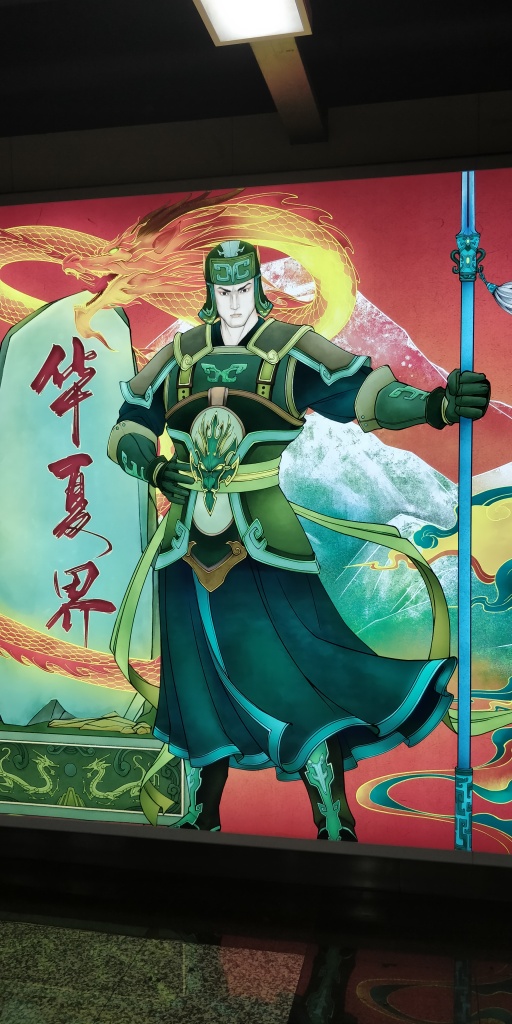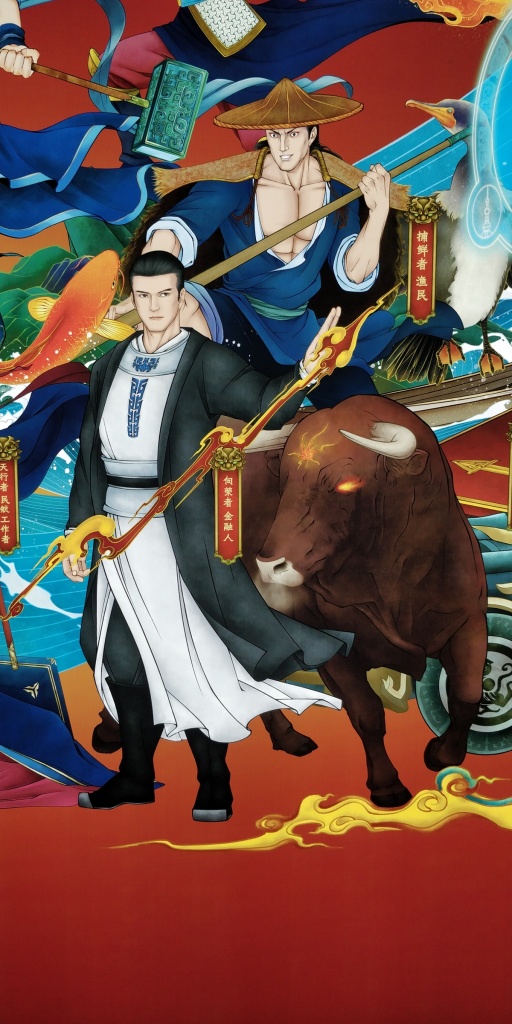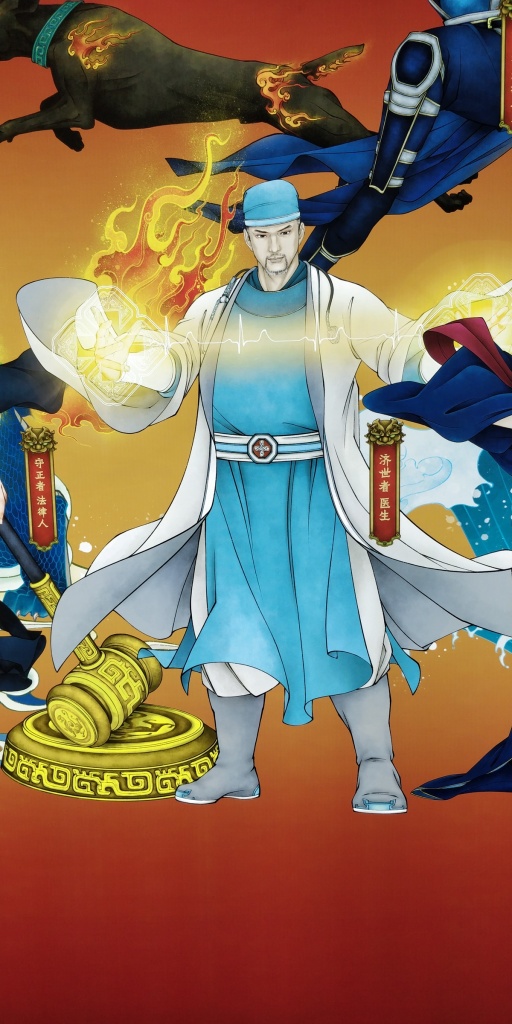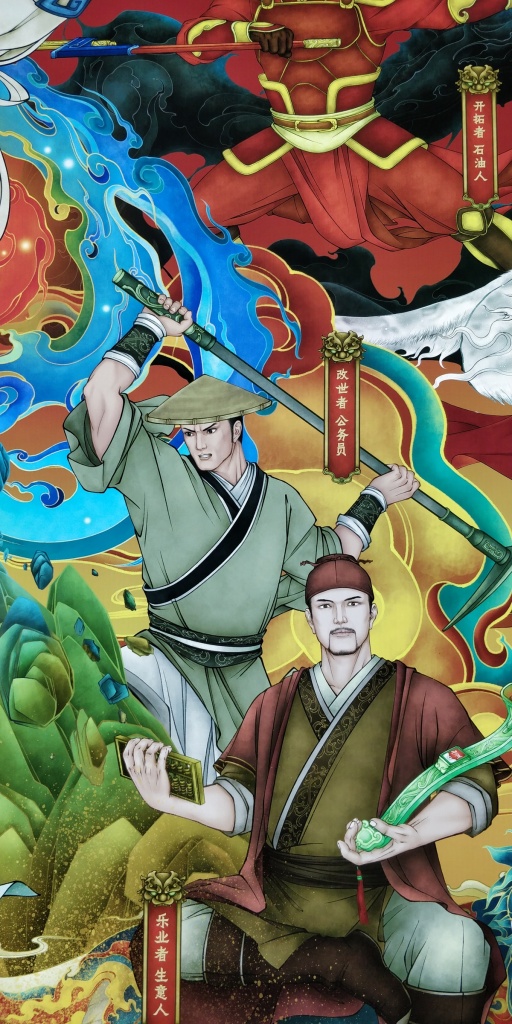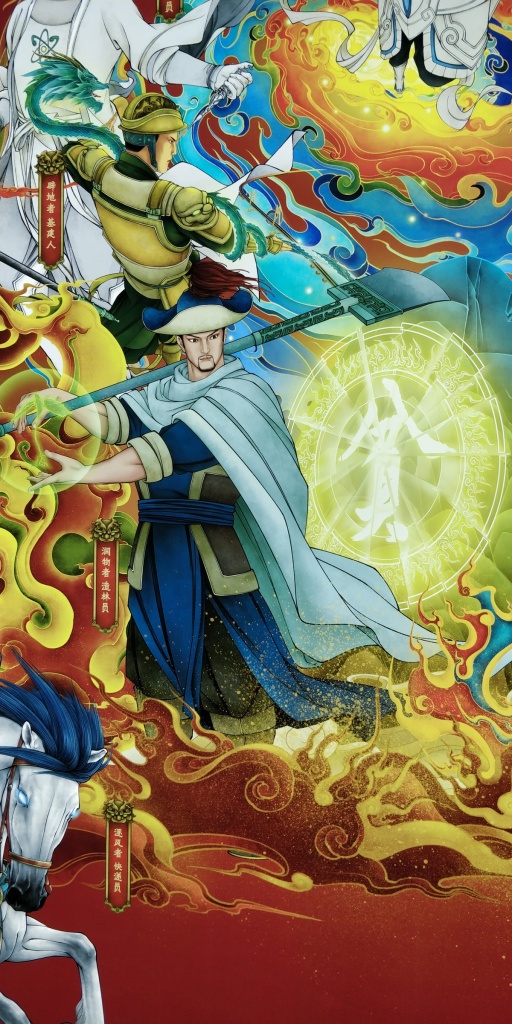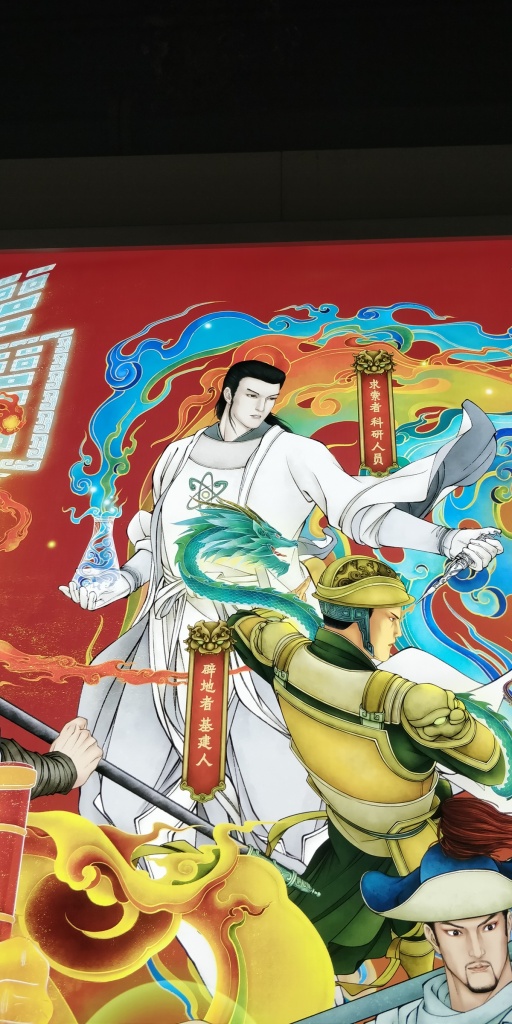Since I abandoned LiveJournal, but still need to publish my stuff somewhere, why don’t I use WordPress?
I post micro posts in on Facebook (bilingual), occasionally on Instagram and Twitter. The links under the site title work.
Since I abandoned LiveJournal, but still need to publish my stuff somewhere, why don’t I use WordPress?
I post micro posts in on Facebook (bilingual), occasionally on Instagram and Twitter. The links under the site title work.

I have read “Spin Dictators” by Sergei Guriev and Daniel Treisman. My review is below.
Why is that?
When reading “Spin Dictators”, I couldn’t get rid of a feeling that I had already heard most of the propositions made. Where? In the Russian opposition-leaning media, for the most part, as well as the Western media, mostly left-leaning.
This made me… be critical about the text. I guess I have to give this disclaimer, because to an extent it means that I cannot review the book in an unbiased way. Not because I am pre-disposed to the book, but because I just have had too much exposure to a partisan political agenda.
Does it mean that things said there are a priori false? Not at all, after all, political agendas are sometimes built on genuine understanding, and in the case of “Spin Dictators”, most claims are supported by evidence, even though I haven’t bothered to verify that evidence. However, it did make me approach the text from a critical viewpoint.
So what the authors are saying can be roughly summarised as the following: since the last quarter of the twentieth century, dictatorships are much more based on manipulating and misleading people, rather than on inflicting fear upon them.
The first part of the book defines what a “Spin Dictatorship” is more precisely, and continues to describe its properties, such as its paradigmatic policies to democracy, international relations, propaganda, repression, censorship.
The seconds part of the book tries to establish how those “Spin Dictatorship” appeared, how they might evolve, and how democratic states should work with them.
Overall, this book left me with a feeling of unease. I cannot specify exactly where and why. Those interested may have a look at the notes in the next section of this file.
Perhaps, the most disturbing thought for me is the authors’ firm belief in “international institutions”. After all, international institutions are just institutions, prone to all problems of bureaucratic organisations.
One more thing that bothers me is a really slacky attitude to sovereignty. I mean, naturally, some countries are richer than others. But that approach “do what we tell, and only then we will help you” sounds too fragile to actually work as intended.
Also, they mention that presently countries have about 43% of their economies being used for import-export. This sounds way off from being reasonable. I mean, I like Japanese knives, but do I want to have no domestic knives in a shop nearby? I doubt.
Similarly, I find it hard to believe that “progress” can be achieved by instilling it into people by the more progressive. Something just doesn’t sound right here. Without independence how can there be adulthood?
Seemingly, the pressure from the outside should be the pressure by threat. But here there seems to be no threat.
Where are the stimuli? Or the energy balance.
[0/61][ ] spin[ ] pegged[ ] entrepôts[ ] schmooze[ ] suave manipulator[ ] murky[ ] Carnation Revolution”[ ] scribblings[ ] relish[ ] state coffers[ ] scoop[ ] scathing[ ] restive regions[ ] stilted[ ] quipped (to quip)[ ] as if on cue[ ] queasy[ ] knuckle-duster[ ] to snarl[ ] hatchet[ ] tough and flat-footed[ ] ham-fisted[ ] Syngman Rhee[ ] disbursing[ ] pillory (public execution?)[ ] churro[ ] to don the garb[ ] effete[ ] pounced on the undocumented claim[ ] squawk about[ ] Zersetzung[ ] vying[ ] turgid[ ] obsequiousness[ ] administrative elbow grease[ ] pastiche[ ] double entendres[ ] contrite[ ] gutter press[ ] military fatigues[ ] pliant[ ] comptroller[ ] quipped[ ] flypasts[ ] romped home[ ] hound out[ ] bickering[ ] dabbled in sociology[ ] pore over polling data[ ] squalor[ ] rustle up[ ] hobnobbed[ ] stooge[ ] anti-Western gadflies[ ] rote tasks[ ] sacrilegious[ ] umpires[ ] cause célèbre[ ] sleaze[ ] leeway[ ] (no term)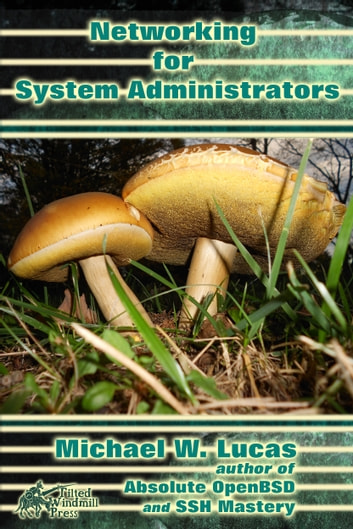
This book review is going to be really short, well, partly because the book itself is short. However, short here does not imply lack of value. I have discovered that the books by Michael W Lucas always seem to play a role that is at the same time very niche, and very valuable. So I have taken writing this review as an opportunity to also reflect on this niche.
Continue reading “Networking for Systems Administrators by Michael W Lucas, a review.”

In this document I want to review a book my Chris Sanders, “Practical Packet Analysis”, published by “No Starch Press”. It took me about a week to read the whole book, and actually more time to revise what I have learnt and to write a review.
Continue reading “Review for Practical Packet Analysis by Chris Sanders.”

I have read “The Prince” by Niccolo Machiavelli. Feel free to read my review.
Continue reading “A Review for The Prince by Niccolo Machiavelli”
I have read “Professional CMake” by Craig Scott. This is short review. This time the review is, indeed, going to be short, because I cannot really say that the book was a paradigm-changing read. Nevertheless, I have decided to make reviews on most books I read, and this one is not an exception.

Continue reading “A short review on “Professional CMake” by Craig Scott.”
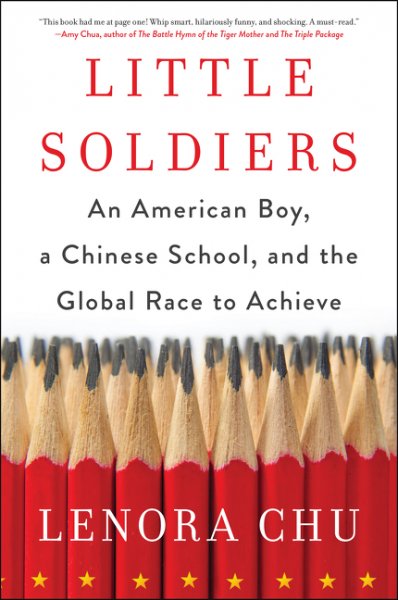
I have gone through the book in the title. I am no saying “have read”, because for quite some time already, since first grasping this trick while conquering Baudrillard’s “Simulacra”, I am getting through a lot of material via listening to Text-to-Speech, rather than reading directly. Not just is it very handy when there is a “sunken” time during which it is not possible to execute tasks that require full concentration. This, however, comes at a price, namely, certain details are perceived differently, compared to reading in a traditional way.
Anyway, I have listened through the book, and it was an enlightening experience, which I would like to share with the world in this short review.
The book tells a story of an American couple with two children living in Shanghai for a few years, who’s elder son had a chance to attend classes in a Chinese kindergarten (as opposed to what typically happens to the expat children in China – they attend foreign-style kindergartens, which are especially plentiful in Shanghai).
The book was especially interesting to me, as I am not an original product of either American, or Chinese culture, so I had a chance to see the story from a third-party perspective.
Continue reading “A review on “Little Soldiers” by Lenora Chu.”
Here’s the gitlab link: https://gitlab.com/Lockywolf/scsh-xattr-mindmap
Contrary to the name, it is actually in Chibi, not in scsh. I initially thought that scsh would be better due to more exensive posix support, but it turned out to be that Chibi was good enough.
It is a small-ish (500 lines of code) script to generate a graph from your filesystem tree. It accepts a few options (editable directly at the file top) and duplicates quite a lot of the GNU Find functionality, but I didn’t find a way to avoid doing that, as it has to use heuristics in order to prune the tree to a reasonable size.
The resulting image is like this:
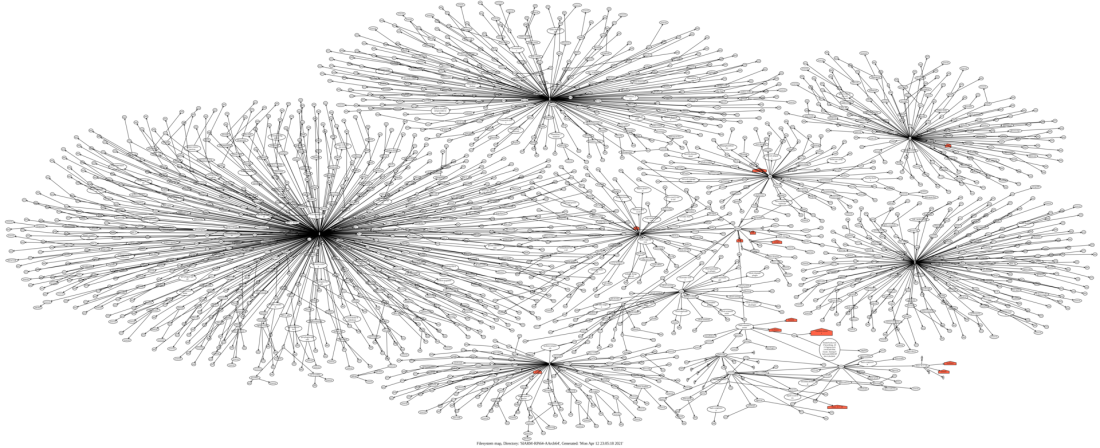
I plotted the Slarm64 (Unofficial Slackware for Raspberry Pi) repository tree, just for the demonstration purposes.
The size of the images above is 1×2.5 metres. It’s large, but my original goal was to plot my whole file system. The ’size=’ parameter is tunable. I think it is reasonable to assume that you need to have at least 4 square centimetres per node, so a graph that large would accommodate about 4000 nodes. In my opinion, 8000 is still possible, but too tight.
With the default settings the script ignores regular files, but traverses symlinks. In theory it also supports hardlinks, but you would need to turn on drawing regular files manually.
I made this script, because I started to feel that I am starting to forget what I have on my hard drive, that has amassed quite a lot of life history for the past 20 years. (Since hard drives became reasonably priced.)
Use-cases and pull requests welcome. One more reason to create this script was to prove that Scheme can be a practical programming language.
Technologically, this code is not terribly advanced, the only trick that may be interesting to programming nerds is having the r7rs module and the main function in the same file (like scsh/scheme48 suggest doing), which requires procedural module analysis.
I had to glue on a couple of C bindings for sys/xattr.h, those are now available at the Snow-Fort repo. Those are Chibi-specific.
Hope you will enjoy it.
This report is written as a post-mortem of a project that has, perhaps, been the author’s most extensive personal project: creating a complete and comprehensive solution to one of the most famous programming problem sets in the modern computer science curriculum “Structure and Interpretation of Computer Programs”, by Abelson, Sussman, and Sussman (\cite{Abelson1996}).
It measures exactly:
It suggests:
The solution is published online (the source code and pdf file):
This report (and the data in the appendix) can be applied immediately as:
Additionally, a time-tracking data analysis can be reproduced interactively in the org-mode version of this report. (See: Appendix: Emacs Lisp code for data analysis)




Yesterday I posted an unremarkable Chinese propaganda poster, I believe, created in order to sweeten for the kids the necessity to go back to school.
As it is school-oriented, of course it is profession-related. That is, it is a manga/tradition Cbhinese scroll stylized depiction of potential professions.
The post received an unexpected amount of attention, so I am publishing an extended version.

